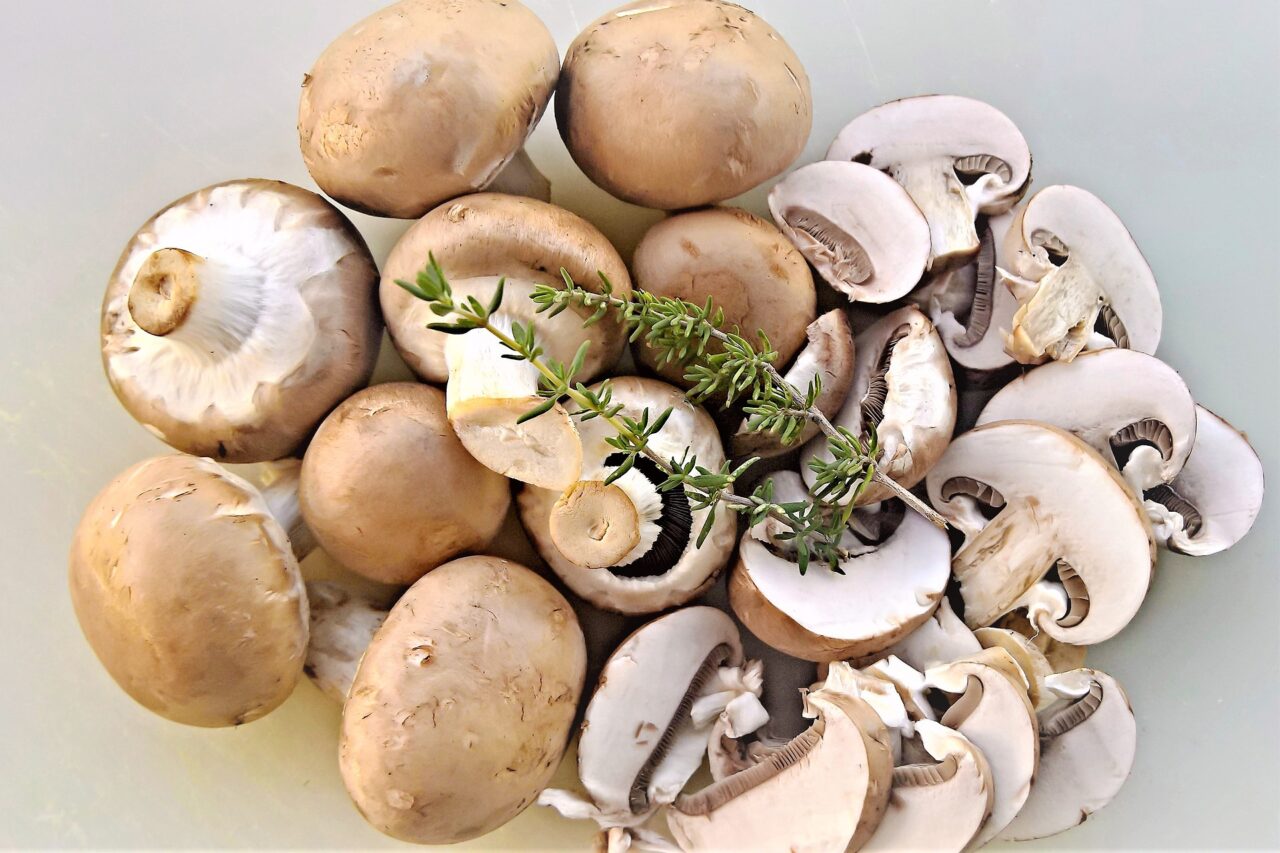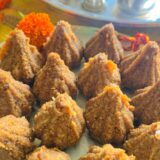
An often underrated food, Mushrooms were consumed in ancient Egyptian, Roman and Asian cultures for thousands of years for their medicinal and healing benefits.
Mushrooms are usually considered veggies, but they are neither plant nor animal food. They are a type of fungus that usually have a stem, a cap (the umbrella-like structure) and gills (that have a thread-like appearance under the cap).
There are thousands of species of mushrooms, most of which are edible but only a few species are actually consumed. The commonly consumed varieties of culinary Mushrooms are Button Mushrooms, Shitake, Oyster, Enoki, Crimino, Portobello mushrooms to name a few.
Know your Superfood
Mushrooms are very low in fat, carbohydrates, sodium and are cholesterol-free. They contain high amounts of moisture and are modest sources of good quality protein and soluble fibre (Beta-glucan). They are packed with micronutrients like B-Vitamins namely riboflavin, niacin and pantothenic acid, Vit D2, minerals like copper, potassium and antioxidants like Selenium.
Mushrooms can act as a biological precursor to vitamin D2 due to the presence of ergosterol, a type of sterol predominantly found in mushrooms. Therefore, this feature indirectly makes mushrooms the only excellent plant source of vitamin D2.
Health Benefits:
- Mushrooms are rich sources of beta-glucan, a kind of soluble fibre that helps regulate blood sugar and keeps the gut healthy.
- Mushrooms are an excellent source of the antioxidant, Selenium which has anti-inflammatory properties, reduces cell damage and prevents oxidative stress.
- Mushrooms help in lowering cholesterol, regulating blood pressure and thus improving heart health.
- The excellent micronutrient profile of Mushrooms helps in maintaining the health of the RBC’s, nerve cells and boost immunity.
- Mushrooms support bone health and help in maintaining healthy skin.
- Mushrooms are a weight watchers delight, as they are low in calories and fat but packed with B vitamins that assist in the release of energy from carbohydrates, proteins and fats.
Mushrooms are incredibly versatile. They can be combined with various ingredients and used in many cuisines. They can be tossed in a salad, grilled, sautéd or roasted. They can be added to soups, sandwiches, wraps, casseroles, and Italian dishes. Mushrooms work well as starters, as a side dish, or as the main course.
Mushrooms are also popularly used in dried form. Dried Mushrooms have a higher content of Vit D and protein and they can add a very good flavour to recipes like soups and stews.
Mushrooms have a peculiar quality of imparting a savoury like umami flavour to a preparation owing to the natural presence of amino acid glutamate.
Mushrooms should be cooked lightly at a medium temperature to preserve the nutrients.
So the next time you hesitate to appreciate the humble Mushroom for its appearance, think of the nutritional punch you can add to your diet by consuming this flavourful superfood!
Read our blog on:



